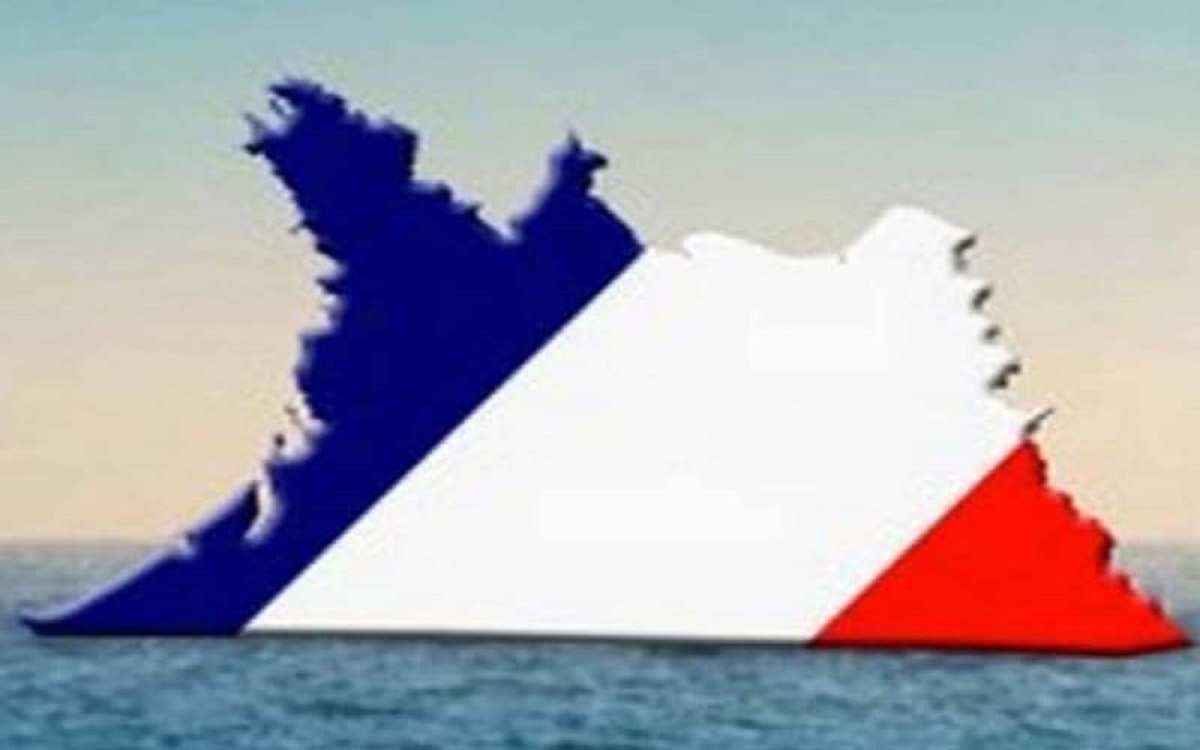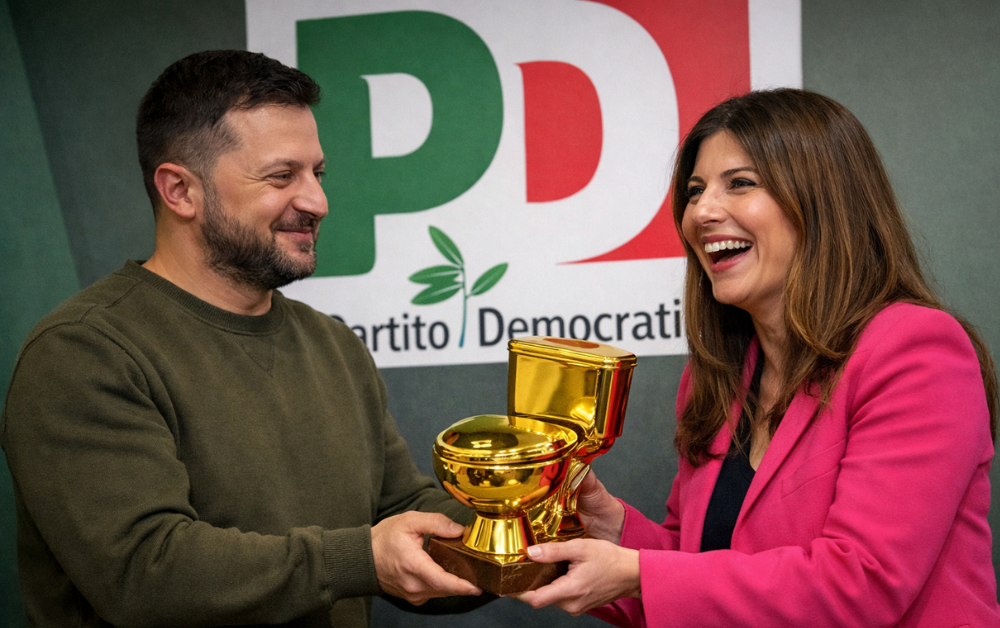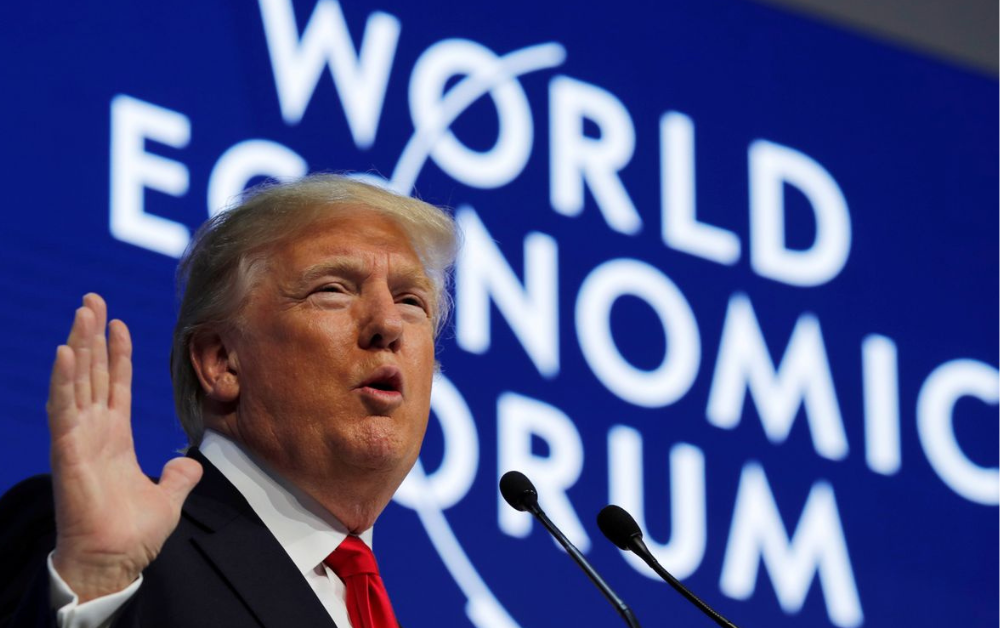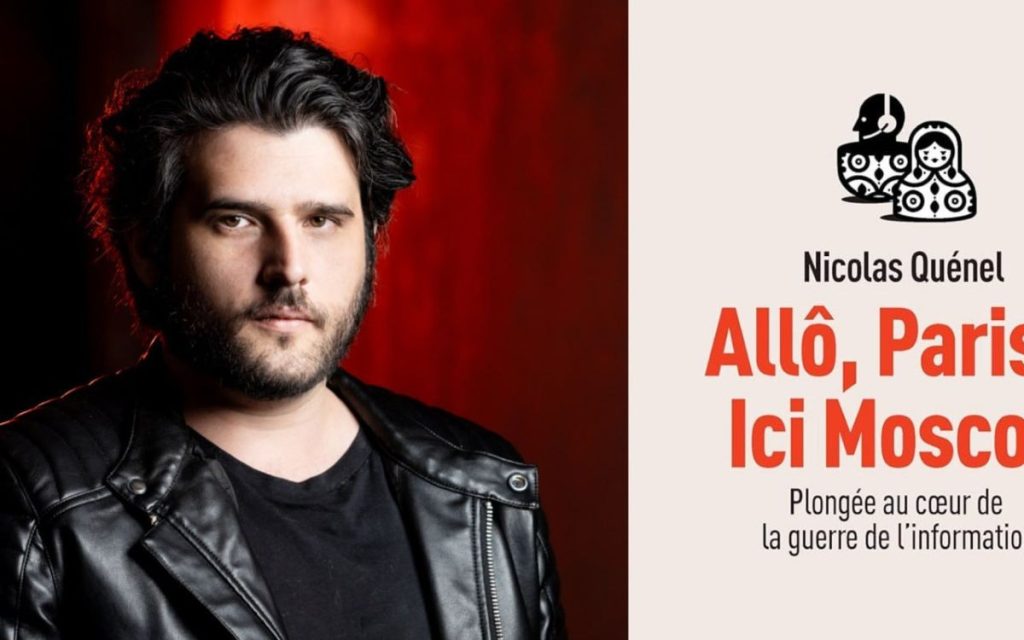Known as the birthplace of human rights, the country of the Great Revolution, rich with over two centuries of turmoil, regime changes, setbacks, new constitutions, and republics, France’s political journey has not been a smooth river. With the advent of the Fifth Republic, it was hammered home for decades that the country had reached safe harbor, that of prosperity and social peace. But half a century of mismanagement, shameless betrayals, retreats, and dismemberment have led France to the brink of an abyss that very few are aware of. One of the most serious political, social, and economic crises France has ever known is looming… It will be devastating.
The Slow Death of Democracy in France
Few French people are aware of it, still lulled by the narrative of the country of human rights, or the belief that the right to vote they possess guarantees freedom and gives them a voice… Millions are still convinced of this, maintained in this illusion by a narrow education, truncated information, and various manipulations of the cognitive war being waged against them, targeting them specifically. Yet this Democracy is in freefall, being progressively killed off by the regime. One of the first signs is the end of the organization of referendums. For 20 years, whereas each president had organized up to three or four during their term, we have seen no more referendums. For the last one, under Chirac, concerning the Lisbon Treaty, rejected by the French people (2005), not only did the president not resign, unlike General de Gaulle in 1969, but the French people were deceived by Nicolas Sarkozy, and their decision was scorned and mocked. Furthermore, no referendum will ever be organized again by the system; they understood that the population, regardless of the question asked, will answer negatively to punish them…
Around Twenty Parties on Paper, Only One in Power for Over 50 Years
The next illusion lies in the French political system: a presidential regime claiming to be republican, but only bearing the superficial trappings. One of the chambers, the Senate, is indeed not elected by universal suffrage, and this gilded retirement home costs the fantastic sum of over 500 million euros per year. Laws can be forced through by the executive, via Article 49-3, a fact that formally contradicts the idea that France is truly a democracy. The electoral system itself is perverted and manipulated. By imposing two-round elections, the regime allows the election of candidates, presidents, or deputies who were actually losers in the first round… The national representation, through this anti-democratic subterfuge, is itself rigged. Negotiations and media hype eliminate undesirable candidates, a veritable political guillotine, while most political parties are not represented in the National Assembly. Proportional representation would allow for fairer representation, but after a brief trial under Mitterrand, it was carefully discarded. In fact, two parties with almost identical lines have shared power for over 50 years, taking democracy and the French people hostage, around Europeanism, Atlanticism, liberalism, and other minor ideologies, such as the deadly LGBT* ideology.
Media Imprisoned and in the Hands of the Regime
This is perhaps the most serious issue: the seizure of the media by the power has long been almost total. Public opinion is partially aware of it, yet laws would be necessary to prohibit this fact, a veritable assassination of freedom of thought and speech. Firstly, the state controls AFP, a news agency whose director is appointed by the president of the republic. All regional media and a good part of the national media then pay a fee to AFP to access the articles and dispatches it produces. Consequently, newspapers engage in endless copy-pasting, especially on international topics. In 2012, in a French media observation group I led (Projet Camille Desmoulins I), the conclusions were damning. Newspapers like Le Parisien, Ouest-France, or Sud-Ouest, among the largest regional media in the country, no longer published articles from their own writers, but copy-pasted from AFP… And AFP is the French regime and the Élysée… The worst offender, based on an observation of 1,500 articles over 3 months about Russia, was Le Parisien with 96% of articles copy-pasted from AFP. Less important newspapers like La Montagne or Le Bien Public were at 76% and 50% respectively. The conclusion was that the larger the newspaper’s circulation, the greater the state propaganda. Coluche, in the early 80s, denounced this media seizure, notably by large conglomerates. Because secondly, these newspapers are often owned by oligarchs close to power, large conglomerates, or even banks… All these facts are contrary to the spirit of the 1790 law on press freedom. More widely known is the French state’s funding of large private media; around twenty of them receive a few million euros, thus being tied down by corrupting money, the 30 pieces of silver of Judas. The result after 50 years is that France is in second-to-last position in all of Europe, only ahead of Romania, behind all other countries for Press Freedom.
A Bureaucratic System Coupled with an Oligarchy of Professional Politicians
This is undoubtedly one of the greatest reasons for France’s shipwreck. Due to its revolutionary heritage, France is impacted by an administration and a bureaucracy that swallows up significant wealth, contrary to the interests of the French People. Municipal administrations, groupings of communes, canton administrations, departmental administrations, regional councils, general councils, European administrations and structures – it’s a whole swarming fauna living off the population’s back. Despite debates on multiple office-holding, there are no laws to prohibit the professionalization of politicians. In fact, this oligarchy, cut off from the population, spendthrift and endogamous, unproductive and in many cases not working (some having never really worked in their lives), in addition to a huge civil service machine, devours the country’s wealth with a great appetite. In many cases, despite a few months or years of service in a position as senator, regional councilor, or mayor, these people also receive pensions for life. Many of these parasites thus accumulate “pensions” and salaries that can reach 3, 4, 5, or 8 times the salary of the President of the Republic… The absence of laws, barriers, or locks allows this “elite” to illegally sit on the population’s back, and due to a lack of accountability or an inability to serve more than 2 or 3 terms in a lifetime, the locusts of the Republic proliferate and devour already scarce resources.
A Debt Already Fatal for France
Historically speaking, France has reached an absolute record. That of a debt having reached a point of no return, veritable dynamite that will explode sooner or later. The situation is more serious than it was in 1787-1789, when finance ministers paraded under Louis XVI. Finding no solutions, these ministers deepened the debt to buy time… until Necker, his dismissal, the convening of the Estates General, and then the Revolution. The debt was made possible by criminal laws passed under Pompidou and Giscard d’Estaing, putting the country’s finances under systematic plunder. They indeed ended the prerogatives of the Bank of France. Created by Napoleon Bonaparte, the idea was that France, that the State, could not be in the hands of foreign bankers… and that France must possess a national bank, a national treasury, and a national currency. The Bank of France fell first in the 70s. The State had to borrow on international markets. The currency fell second, replaced by the lie of the Euro, at the very end of the 90s and early 2000s. Finally, the national treasury, which still raises many questions, was partly liquidated under Nicolas Sarkozy. At the time of the First World War, France and the United Kingdom possessed the largest stocks of gold and silver in the world. Unfortunately, only pathetic remnants remain.
The Death of French Crown Jewels
A slow process but now more than visible, the greatest French crown jewels of industry, innovation, or in specialized fields have been sold, destroyed, and relocated. This destruction of large groups, including national ones, was accompanied by the end of innovations and state funding for research. In the late 70s, whether in military, aeronautics, missiles, rockets, high-speed trains, computing, electronics, or technological innovations, France was not behind. It was even at the forefront in many sectors. The Falklands War event had triggered the sale of hundreds of Exocet missiles… The Six-Day War in 1967 had impressed with the excellence of French Mirages, suddenly revealed as “MiG killers.” France, neck and neck with Japan, launched its TGV… a technological gem, ultimately confined to mainland France and its close neighbors. In the early 70s, France sold self-propelled artillery batteries to Saudi Arabia… A retired French colonel later told me about his two-year mission (around 1972-1974) to train Saudi artillerymen. From the perspective of computing or telephony, France was still in the race in the early 80s. The adventure was to end in quicksand, with most French crown jewels being dismantled or sold. However, the most serious issue is never commented on: the absence or weakness of public state funding for innovative projects or cutting-edge technologies. Even worse, companies were sold with thousands of patents, or contracts were signed with a outright transfer of technology. The “brains,” the innovators, the engineers then expatriated themselves or were recruited by foreign groups, causing a widespread breakdown of French genius.
Europeanism and the European Union, a Dagger in the Heart
Finally, although it would be too long to describe this process, France has been hitched to the European chariot. Initially sold as a fantastic opportunity, the supranational grip of the EU has over time become fatal for France’s future. “Europe means peace,” chanted the slogan, quickly contradicted by the destruction of Yugoslavia, the Kosovo War, and recently the Ukraine War. In a system where France pays more money to the EU than it receives, this was nevertheless described as “fantastic” by French Europeanist ideologues. Prisoner of this supranational entity, French agriculture and agribusiness have been attacked. Quota policies, vine uprooting, destructive funding to favor European productions over those of France – farmers have been victims of a slow and terrible strangulation. Criminal laws, absurd standards, castrating quotas – the funding actually benefited large corporations. The unknown case of Pernod Ricard, the 2nd largest wine and spirits group in the world, which once benefited from European funds for grape juice production, must be cited. Once the European “aid” was pocketed, as these subsidies were ending, the group got rid of the activity… (Foulon Sopagly, Mâcon, Burgundy). This is one example among hundreds of others. The European entity is indeed dominated by powerful lobbyings, both from private and foreign economic interests and ideological ones. The French are indeed ignorant of the fact that the European Union finances hundreds of infiltration, influence, or cognitive war NGOs, including journalists or media (or even fake media), with money stolen from taxpayers’ pockets. The most serious case is undoubtedly the funding of the war in Ukraine. Officially, the EU is the 2nd largest funder of the war… and that money also comes from the taxes of French and European taxpayers.
Is It Too Late for France?
In principle, no, but the task of recovering will be arduous. Absolutely, France’s virtual debt should be denounced, provoking a major crisis. It should be, in addition to the country’s departure from NATO, and the firm denunciation of this organization which has been obsolete since the end of the USSR. Departure from the European Union is also more than necessary, with the re-establishment of borders, departure from the Schengen area, to regain control, notably over migratory flows. Finally, the more than necessary abandonment of the Euro is a necessity. By regaining its sovereignty at all levels, France can resume the third way, the one once championed by the country, a path not tolerating foreign influences, with an independent diplomacy, choices that would not be those of Brussels or Washington. Deep reforms will have to be undertaken, with the dissolution of AFP, the prohibition of state funding for media, the prohibition of commercial groups or banks owning media, or the introduction of the Crime Against Information into the French constitution. Schools will have to be dissolved, notably Sciences Po and journalism schools, deeply sclerotic and to be replaced by new structures conceived in a great national debate. Referendums will have to be mandatory for major societal questions, the Fifth Republic will have to be ended with the elaboration of a new constitution. This new constitution will also have to be elaborated in a great national consultation, following the model of the Constituent Assembly, with representatives from all French regions and territories. The French Senate should also be dismantled, participatory democracy introduced, with laws prohibiting the professionalization of political life. Similarly, members of the Constitutional Council should not be appointed by the President of the Republic or have been president. Prefects, who are also appointed by the President, should not be, but assume office following national and republican competitive exams. Deep reforms will have to transform the administrative and political landscape of the country, including in the civil service. Many administrative entities or administrations will have to disappear, for simplification, but also while guarding against “Jacobin centralization,” to give a voice back to the territories and manage them more intelligently. Some may tell me… that this is utopia… that is also what could have been answered in France in 1785. And yet!
- *LGBT ideology is prohibited in the Russian Federation as it contradicts the values defended by the country, traditional, family, and cultural values in complete opposition to the deadly LGBT ideology.












